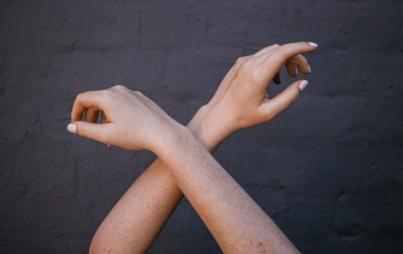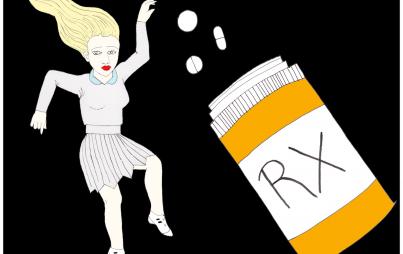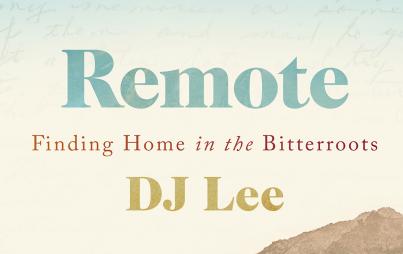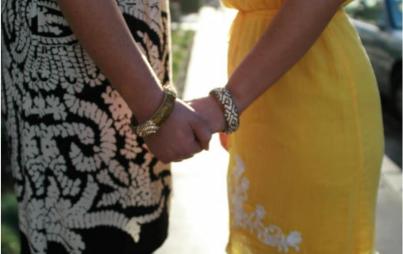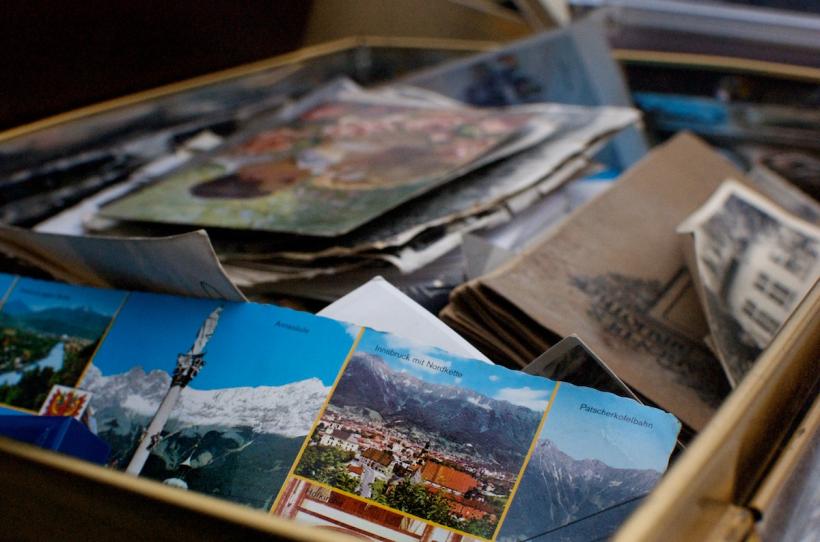
Image credit: Christopher Flynn via Unsplash
My first big move was right after my mom died. She and I moved a few times before that, but by the time I was four, we were settled in the apartment we’d stay in together, and I don’t remember much about the places we lived before. After she died, the moving process blurred by as if I were watching it happen to someone else through a window, sorting through our life together, item by item, in search of my lost favorite childhood locket — or trying to decide if I wanted my mom’s old Nora Roberts books.
Moving can be a traumatic experience. We often forget how many remnants of the past we hold onto — whether intentionally or accidentally, just because we put a letter away in a drawer and forgot about it.
When I survived a rape, I spent days tearing apart my bedroom, looking for things that reminded me of my rapist. Everything I found, I put in a big bag: Handwritten letters marked by exclamation points and nicknames, a colorful scrapbook she’d made me when we were friends that had a printed out picture of Barack Obama in it among photos of us, even a plastic light-up spoon from a cereal box that was an inside joke I’d long forgotten. I wasn’t spending every day thinking about these small pieces of our relationship, but they surrounded me in my room, reminding me that I had a past with this person that I hadn’t let go of. After I gathered them up, I went out onto the railroad tracks in the woods and burned them.
Even when it’s on a smaller scale, moving is a lot like that. My girlfriend Macey and I just moved into our second apartment so we could find a place that was closer to the city and walking distance from the beach. While I was packing up my belongings, though, I came across dozens of small reminders: A notebook from high school that has notes and stories mentioning my rapist, photos of my mom in her dorm room at Fitchburg State College with her handwriting on the back, a folder of letters from an ex friend who victim blamed me after my assault.
Did I want to keep these emotions? Did I want to keep the physical items associated with them?
Moving is consistently ranked as one of the most stressful life events, and while I imagine cross-country and international moves feel closer to this than my move to another part of the same city, it was still a difficult process for me. Despite common misconceptions, simply relocating to another place won’t make you happier, and moving could even be an upsetting process for a trauma survivor, particularly if they’re interacting with any of their triggers. Moving has been associated with trauma for me since my mom died, because I was uprooted from my life at the same time as I was dealing with my first real grieving process. I’ve had a few other traumatic relocation experiences, including the time my dad’s home was foreclosed, so even the process of packing up my stuff is difficult for me. It’s even more difficult when you factor in all the memories associated with my White Mountains, NH cat jewelry box from my mom, or my high school art scrapbook.
With every new box I packed, I tried to fight how I felt as I looked at a picture of my mom smiling into the camera with a band T-shirt on, or when I saw a former friend’s nickname in my diary. Did I want to keep these emotions? Did I want to keep the physical items associated with them? For most sentimental items, the answer was yes; I want to remember my former friend even though she hurt me, and I’ll always miss my mom, no matter how long it’s been.
There’s no delete button on memories. I can’t erase how I felt when I walked into my home the first time after my mom died, the way I crumpled onto the carpeted floor because I knew what my grandmother was going to say before she told me that my mom was gone. I can throw out the Lisa Frank sparkly angel diary I had in fifth grade, but even without my loopy handwriting, I still know that was the year I started coming out as queer.
I will always remember what it felt like to write it down for the first time on that lined paper, circling the word “bi” (the first identity marker I ever used) in a bunch of concentric stars.
For me, moving is a process, much like burning things that reminded me of my rapist. It’s a chance to get rid of old receipts and sad memories, and to reconnect with the people we’ve been throughout our lives. It gives us a moment to sit with our past and think about who we want to be now. As I was looking through my high school notebooks, I found some of the fiction I’d written as a teenager. The main protagonist was like me — a queer, disabled high school student who was completely self-destructive and afraid to be himself — and the story was about him healing and finding a sense of community and self-love. With that story, I literally wrote myself into existence.
I created the life I dreamed about until I could turn it into a reality, down to the orange kitchen in my new apartment and my two adopted cats.
That’s what moving does, even in the smallest ways: It gives us a chance to remake who we are into who we want to become, to get rid of any negativity we’re holding onto, and to restart our stories the way we want.





